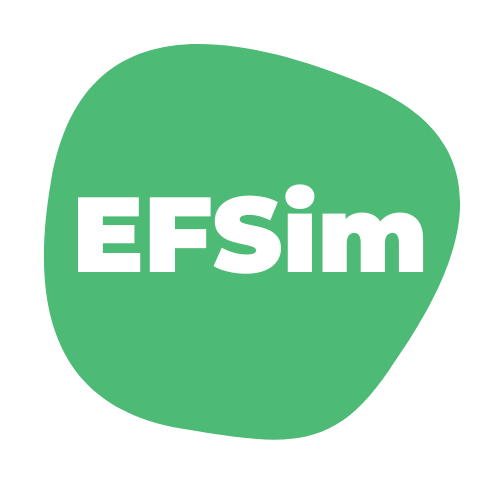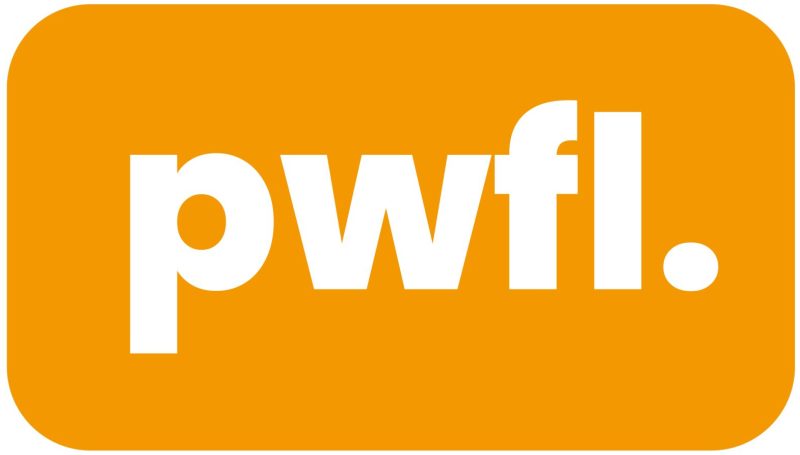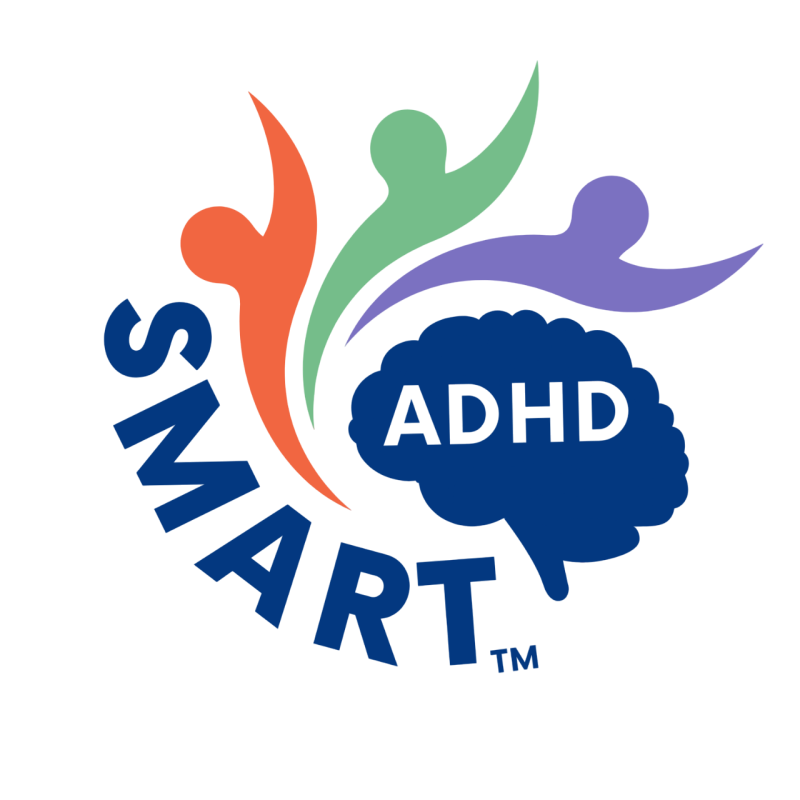Event floorplan
Workshop summaries
Workshop 1: Challenges and solutions to designing, developing and implementing digital platforms to support remote assessment and monitoring
Duration 1.5hrs Location Duke Room 2
Facilitated by Professor Maddie Groom, Dr Hannah Elwick, Mat Rawsthorne, and Henry Law.
We will hear from Professor Jane McGrath (Trinity College Dublin) and Professor Peter Jones (University of Cambridge) who will share short presentations about their experiences of developing and implementing digital, remote assessment platforms for ADHD and mental health difficulties. Their talks will set the scene for an interactive workshop where participants will break into small groups to explore the benefits, challenges, and future directions of using technology to facilitate the assessment of mental health conditions, especially for children and young people.
Workshop 2: Building Effective Industry Partnerships: Strategies, Principles, and Practice
Duration 1.5hrs Location Baron Room
Facilitated by Kelly-Marie Prentice, Dr Charlotte Hall, and Olivia Hastings.
Join us for a dynamic 90-minute workshop designed to help researchers and professionals build successful collaborations with industry. Through real-world case studies, interactive group exercises, and practical tools, you’ll explore key stakeholders, common challenges, and proven strategies for effective partnership. Learn the 14 principles of collaboration, gain insights from experienced facilitators, and leave with actionable resources to support your future projects.
Workshop 3: Digital Youth in the Data Mine: Unearthing Insights from Big Datasets
Duration 40mins Location Duke Room 1
Facilitated by Professor Praveetha Patalay, Dr Marianne Etherson, Dr Sieun Lee, and Dr Aaron Kandola.
This workshop will present the opportunities in using existing, large datasets for research on digital risks and young people’s mental health. It will help attendees understand the power of using large secondary datasets and what types of information they tend to include. We will present resources available for finding relevant datasets and identifying what variables they contain. Research examples will be provided from the Millenium Cohort Study and the Adolescent Brain Cognitive Development study. We will also reflect upon how to involve peer researchers in secondary quantitative data analysis projects. This workshop is for anyone who wants to learn more about using existing data resources for research and to inform policy and practice.
Workshop 4: Creative Approaches in Research and PPI (Patient and Public Involvement)
Duration 1hr 15mins Location Waterloo Suite
Facilitated by Dr Camilla Babbage, Dr Joanna Lockwood, Lily Roberts and members of Sprouting Minds.
The workshop aims to explore, promote and support the use of creative methods in research planning, delivery, and dissemination – particularly alongside PPI. It will demonstrate how creative tools and branding can enhance engagement, accessibility, and impact, especially when working with diverse or underrepresented populations and show how this can be used to support understanding and discussion of sensitive topics and mental health. This workshop is ideal for anyone who wants to develop their use of creative methods in their approach to research, across design, process and output stages of a project. This would support anyone who is looking for more engaging approaches that might appeal to the population group they are working with and alongside. No creative experience required, this workshop has been planned to give you a 101 of how to be creative in research without having to be an artist!
Our demonstrators

CAMHS Digital Lab
myHealthE
myHealthE is an online platform that facilitates the completion of mental health outcome measures about children and young people waiting to be seen by CAMHS, which are automatically uploaded to their electronic health records; myHealthE also gives children, young people, and their caregivers access to a range of signposting and psychoeducation resources. It was rolled out across South-East London community CAMHS in 2021.
PACES
PACES is a child-friendly wearable and app co-designed with children with ADHD and their families to track activity and better understand how ADHD medications and treatments work in real life.
myJournE
myJournE is a mood monitoring app co-designed with young people in South London, whereby young people can keep track of their mental health.

Koa Health
OSI
OSI – Anxiety Problems in Children is a NICE EVA recommended online, therapist-supported parent-led CBT for child anxiety (for children aged 5-12 yrs). Developed by leading experts at the Universities of Reading and Oxford OSI is designed to make it easier for healthcare providers and families to work together to help children overcome anxiety problems

Mayden
iaptus
iaptus is an intuitive, cloud-based electronic patient record (EPR) that streamlines processes, manages caseloads and supports high quality, outcomes focused care. Built to lighten the admin load, iaptus gifts back valuable clinical time to spend with those that need it most.
High-quality data is vital for delivering evidence-based care and demonstrating real impact. With a clear, centralised view of performance data and trends, iaptus helps you make informed decisions, optimise day-to-day operations and improve outcomes for both staff and patients. Actionable insights are readily available to showcase your service’s impact, whether bidding for contracts, securing funding or driving continuous improvement.

Peili Vision
EFSim
EFSim is a 25 minute gamified screening tool that helps identify a child’s executive functioning challenges in the form of an engaging web game. Upon completion of the game, a report is automatically generated with support strategies and techniques for the carers and teachers.

Play Well For Life
Dragons of Afterlands
Dragons of Afterlands is an award-winning, evidence-based tool that improves adolescent socioemotional skills, co-produced with young people, psychologists and educators. It also develops meaningful and supportive relationships between those playing the game, and with staff delivering the game., leveraging augmented reality and game-based learning.

SmartADHD
SmartADHD aims to help young people with ADHD to thrive, by providing the healthcare information and self-management tools they need for living their best life. The SmartADHD chatbot helps to ensure that young people with varied communication needs can access evidence-based information about ADHD.

University of Glasgow
SAM – School Attachment Monitor for the Assessment of Attachment in Children aged 4-8
The SAM is a digital tool that utilises artificial intelligence to assess attachment in children with 80% accuracy [21]. Our demo showcases the SAM at a key point of development, exploring alternative methods of interaction to suit young children today and its deployability in schools.
Zendra Health
ADMiRE ADHD Navigator
ADMiRE ADHD Navigator is a medical-grade digital platform transforming ADHD assessment and treatment for young people in Ireland. It tackles systemic challenges like long delays and fragmented communication by uniting families, schools, and clinicians on a user-friendly interface.


